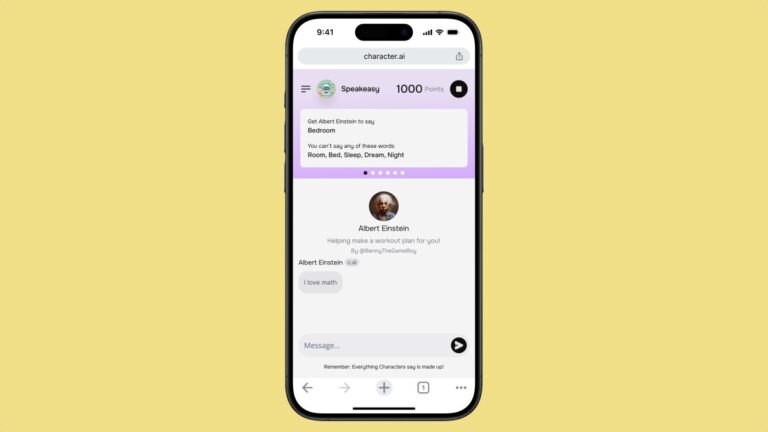Government Censorship Hits Bluesky: What It Means for Third-Party Apps and Users
Government censorship has recently impacted the social media platform Bluesky, raising concerns about its commitment to openness and decentralization. This article explores how Bluesky’s structure has created a loophole that allows some users to bypass government-imposed restrictions.
Censorship and Bluesky: An Overview
Earlier this month, Bluesky restricted access to 72 accounts in Turkey at the request of Turkish authorities, according to a report by the Freedom of Expression Association. This decision has limited the visibility of these accounts for users within Turkey.
Details of the Censorship
The report reveals that:
- 59 accounts were blocked under the pretext of protecting “national security and public order.”
- Another 13 accounts and at least one post were made invisible to users in Turkey.
This action has sparked debate among Turkish users, many of whom migrated from X to Bluesky to escape government censorship. The question arises: is Bluesky truly as open and decentralized as it claims, or is it just another social network resembling Twitter?
Bypassing Censorship on Bluesky
Despite these restrictions, Bluesky’s technical framework allows users to circumvent censorship more easily than on platforms like X. While it may not be as open as decentralized alternatives like Mastodon, users still have options.
Understanding Moderation Settings
On the official Bluesky app, users can adjust their moderation settings. However, there is currently no option to opt out of the moderation service provided by Bluesky, including the newly implemented geographic labelers that manage censorship.
In essence, if Bluesky decides to censor content in a specific region, users on the official app cannot access those blocked posts or accounts.
Exploring Third-Party Bluesky Apps
In contrast, third-party Bluesky applications, part of a larger ecosystem known as the Atmosphere, are not bound by the same moderation rules—at least for now.
Advantages of Third-Party Apps
Third-party clients can develop their own interfaces and access Bluesky’s content without enforcing the same moderation policies. Currently, Bluesky does not require these apps to implement geographic moderation, allowing users to bypass restrictions. Apps such as Skeets, Ouranos, Deer.social, and Skywalker can be used to access blocked accounts in Turkey.
Challenges and Risks
However, utilizing these “workarounds” comes with challenges:
- Implementing geographic labelers can be cumbersome for developers, leading many to avoid it.
- Third-party apps generally have smaller user bases, which may temporarily shield them from government scrutiny.
- As these apps gain popularity, governments may approach them with demands for compliance, risking potential bans.
Alternative Solutions: Deer.social
One innovative developer, Aviva Ruben, is creating an alternative Bluesky client called Deer.social. This app allows users to:
- Disable Bluesky’s official moderation services entirely.
- Manually configure their location settings to avoid geographic restrictions.
Ruben emphasizes the importance of developing alternative access points to Bluesky’s data to prepare for future government censorship, which may extend beyond Turkey.
Concluding Thoughts
Despite the emergence of potential loopholes, censorship has clearly made its way into Bluesky. With the official app reaching the widest audience, this evolution poses significant implications for user freedom and expression in the digital landscape.
For more insights on social media censorship and its implications, visit Freedom of Expression Association.







